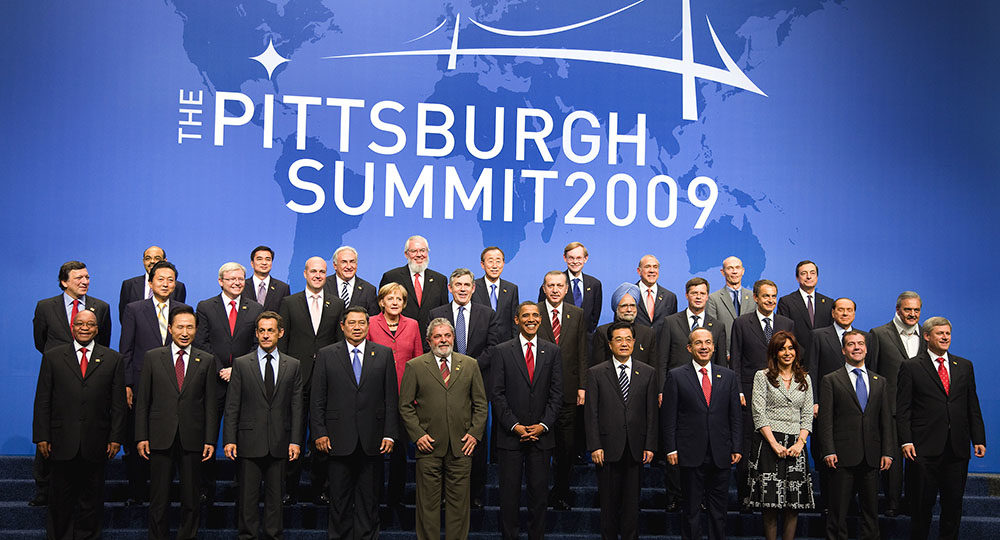

1 thought on “G-20 and Beyond: The Push for Global Finance”
Leave a Reply
You must be logged in to post a comment.

You must be logged in to post a comment.
Thousands of Americans are buried overseas where they died fighting for their country. Now the ACLU wants to remove a cross that signifies the last measure of their devotion.
The future dreamed of by the globalists of the 1980s has arrived. And it spells nothing good for Christians or loyal, devoted Americans.
First came the euro, the multinational currency of the European Union. Now something more comprehensive is on the drawing board, and its implementation may be closer than you think.
Who doesn’t want global peace and harmony? Who doesn’t wish to live in a utopia? The day is coming when some people will think they’re getting what they wished for—but they will be dreadfully wrong.
The emergent church is growing. Unfortunately, it embraces three distinct understandings of God’s Kingdom that draw the movement toward acceptance of a one-world system.
Brilliant, so true, Thanks for the information and research. Martin. M.